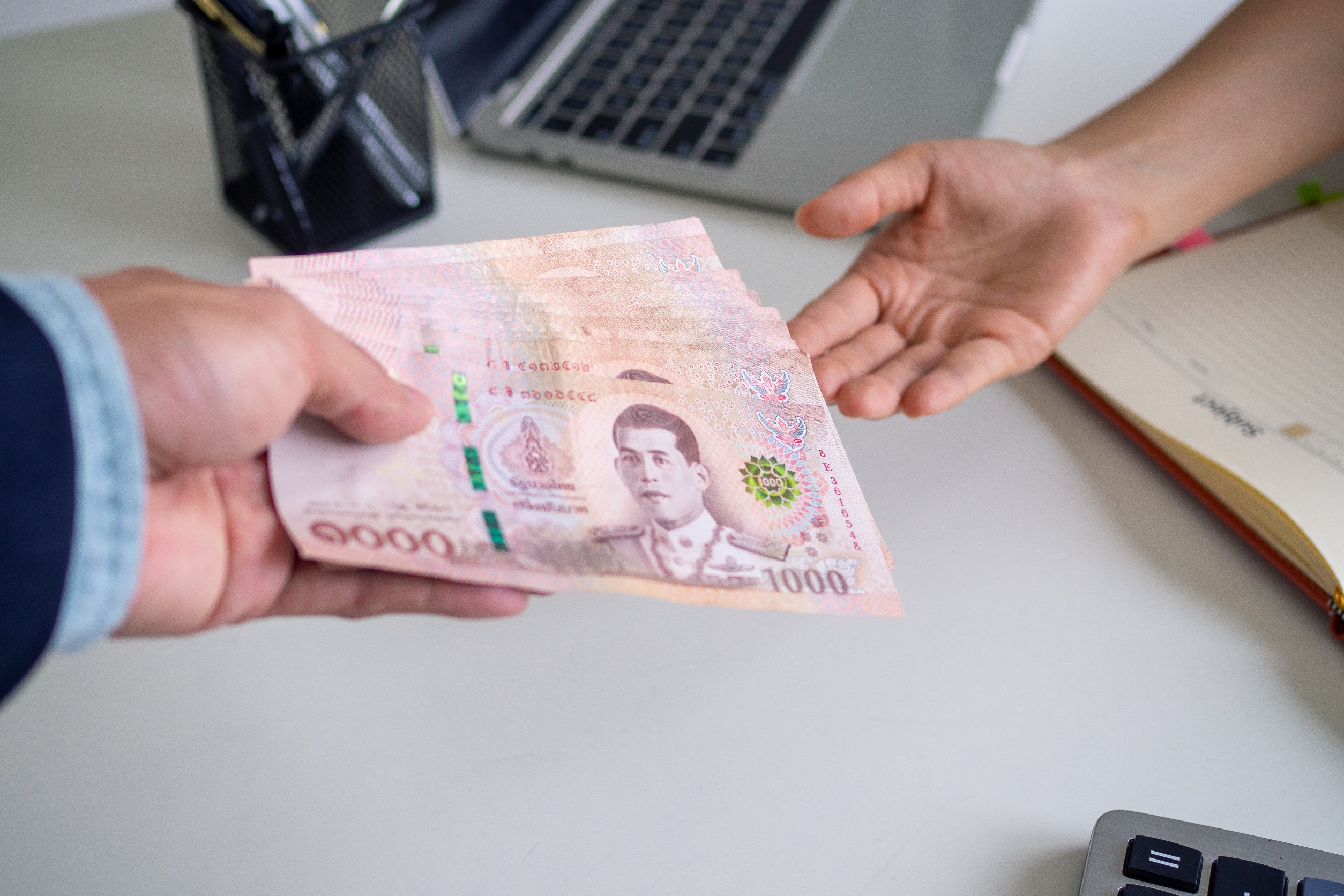Thailand’s contract employees demand equal working benefits
- Champa Ha

Contract employees in Thailand are demanding that the Thai government treat them fairly, ending what they claim are unfair employment conditions while promoting job security, during a rally to mark World Day for Decent Work last week.
The rally, held in Bangkok, was joined by three other labour and civil rights groups, including the Thai Labour Solidarity Confederation (TLSC), the State Enterprises Employees’ Relations Confederation (SERC) and the International Labour Organisation Convention Mobility Network.
Sawit Kaewwan, a leader in TLSC, said during the rally that labour groups were urging the government, including Labour Minister Phiphat Ratchakitprakarn, to scrap short-term employment or labour contracts in both the public and private sectors, and to stop the privatisation of state enterprises dealing with energy, transport, banking and telecommunication.
Somporn Kwannet, a TLSC adviser, added that while more firms were hiring contract employees, the current types of contracts available did not guarantee full benefits and job stability for employees. Osot Suwansawet, President of the Government Employee Union of Thailand, agreed, explaining that as a public health contract employee at Maharaj Hospital in Nakhon Si Thammarat, he has not access to pensions of layoff compensation, even if he had been earning minimum wage and is a Social Security Fund subscriber.
READ MORE: Proposed minimum wage hike in Thailand receives backlash
Organisations such as the Ministry of Public Health employ over 200,000 contract employees across the country. Yet, welfare benefits, which labour advocates have demanded for over 20 years, have not been forthcoming from their employers. Contract employees such as Tang, 23, earn about THB 18,000 (USD $487.94) a month while their permanent staff equivalents are paid over THB 30,000 (USD $813.23).
“The company pays an annual bonus to permanent workers worth over 10,000 baht each. [Contract workers] also contribute to the company’s profits but we are not eligible to receive benefits equally,” said Tang, reported The Bangkok Post.






